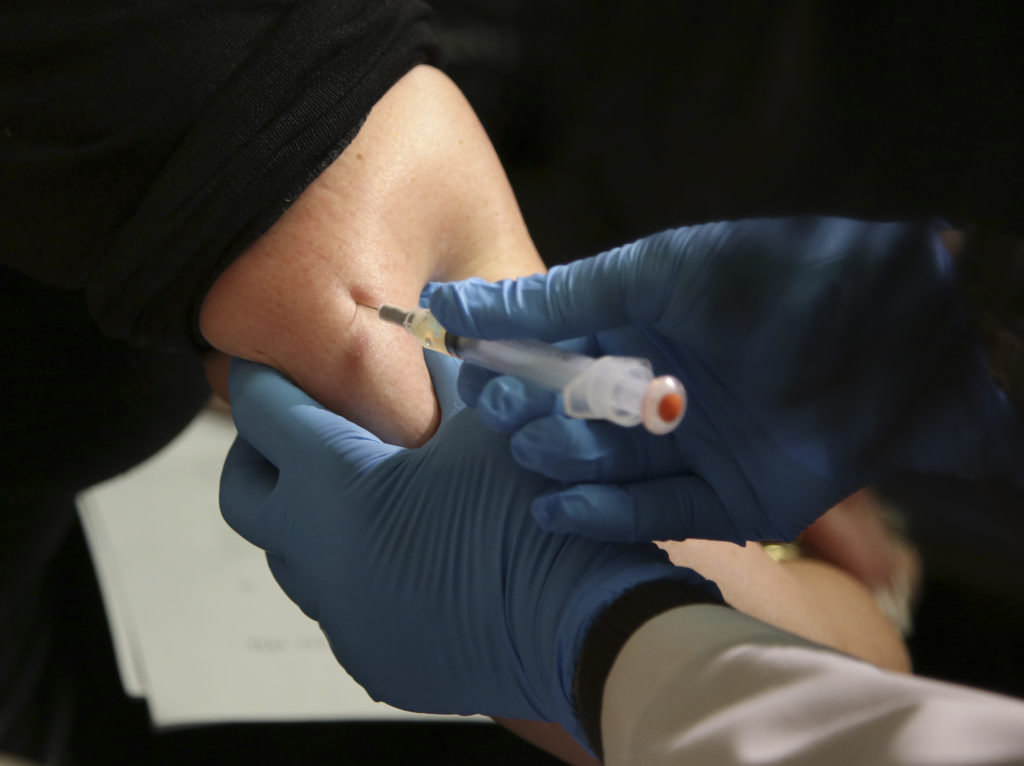Measles outbreak continues to slow, with no new cases in August

The number of confirmed measles cases in New York City has risen to 654 since September 2018, but there haven’t been any new cases of the disease this month, continuing a steady decline from previous months and a sharp drop-off from the spring.
April saw the most new measles cases this year at 194. With the help of a city vaccination mandate, a state law and various pro-vaccination campaigns, that number dropped to 99 in May, 22 in June, six in July and none in August as of Aug. 19, according to city Department of Health statistics.
“Reports of measles in New York City have slowed down over the past few weeks, which is great news, but we do remain cautiously optimistic,” said Dr. Jennifer Rosen, chief of DOH’s Vaccine Preventable Disease Surveillance Unit. “We’re cautiously optimistic because measles cases continue to occur in other parts of New York and this together with international importations of measles … pose ongoing risks.”

Brooklyn Boro
View MoreNew York City’s most populous borough, Brooklyn, is home to nearly 2.6 million residents. If Brooklyn were an independent city it would be the fourth largest city in the United States. While Brooklyn has become the epitome of ‘cool and hip’ in recent years, for those that were born here, raised families here and improved communities over the years, Brooklyn has never been ‘uncool’.